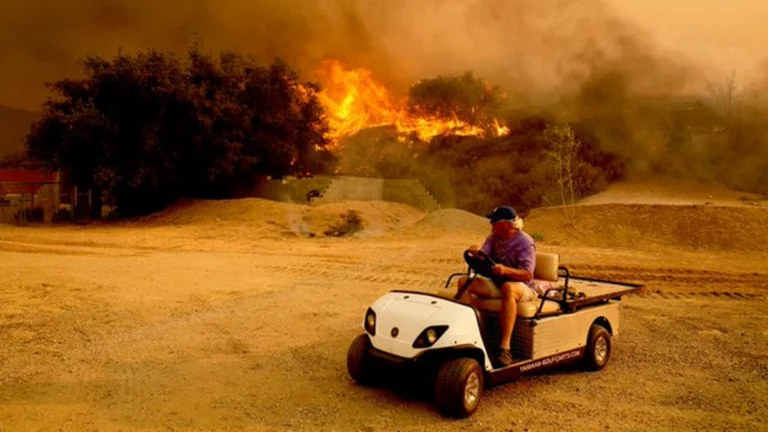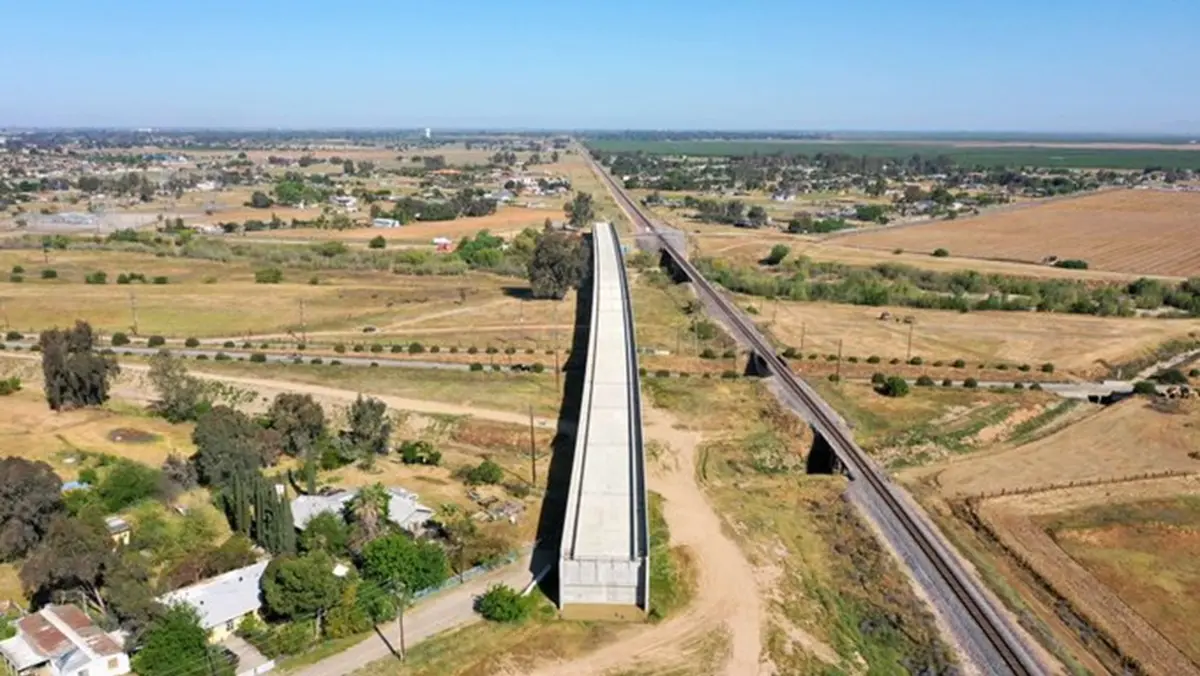Fast-Moving Wildfire Forces Evacuations in Southern California

X/ @robinsnewswire
August 8, 2025 Hour: 7:37 am
A new study has found that California’s wildfire season starts far earlier than decades ago.
On Thursday, evacuations were ordered for communities near a fast-moving wildfire in a canyon area in Southern California amid a major heat wave.
RELATED:
The wildfire, dubbed the Canyon fire, broke out around 1:25 p.m. local time (2025 GMT) near Piru, a small historic town located in eastern Ventura County and around 77 km northwest of Los Angeles.
The blaze grew rapidly to over 1,000 acres (around 4.05 square km) in hours with no containment, according to the California Department of Forestry and Fire Protection (Cal Fire).
Local officials issued evacuation orders and warnings for some communities near the fire in Ventura and Los Angeles counties. “Immediate threat to life. This is a lawful order to LEAVE NOW. The area is lawfully closed to public access,” said Cal Fire in its evacuation orders.
“The Canyon Fire is spreading fast under extreme heat and dry conditions near Ventura-LA County line,” said Los Angeles County Supervisor Kathryn Barger in a post on X, urging residents in the area to “take evacuation orders seriously — when first responders say GO, leave immediately.”
The temperature in the area reached 37.8 degrees Celsius on Thursday, with 15-17 percent humidity, according to the U.S. National Weather Service.
Meanwhile, a new study has found that California’s wildfire season starts far earlier than decades ago, giving fires more dry days to spread long before the peak summer heat.
The study, titled “Anthropogenic warming drives earlier wildfire season onset in California,” published in Science Advances on Wednesday, analyzed about 2.3 million wildfire records between 1992 and 2020 and found that most regions in the most populous U.S. state have seen earlier wildfire activity and lengthening fire seasons.
In parts of the northern mountains, the season now begins more than 10 weeks earlier than in the 1990s. Researchers attribute these changes mainly to warmer springs, while human-caused warming alone has advanced the onset of wildfire seasons by six to 46 days statewide during the period.
Early wildfire ignitions have major consequences. Historical data indicate that once the fire season begins, the cumulative area burned increases rapidly, particularly between June and July, a trend consistent across regions despite varying percentages, according to the study.
The study also linked earlier fire season onsets to larger average fire sizes later in the summer, underscoring the mounting risks posed by climate change-driven shifts in fire behavior.
teleSUR/ JF
Source: Xinhua






